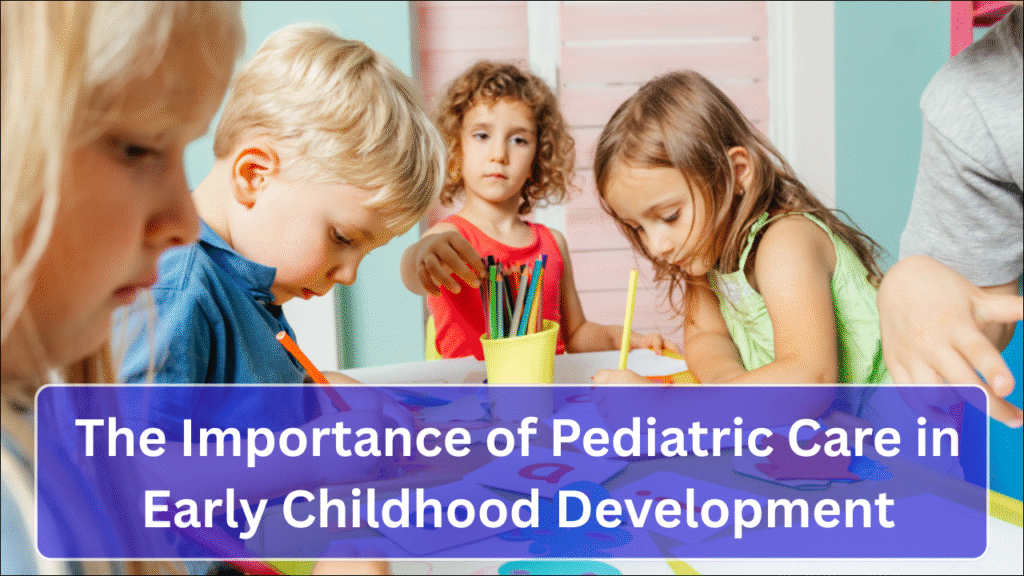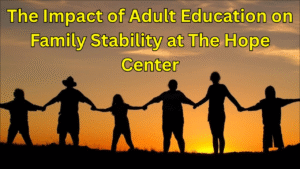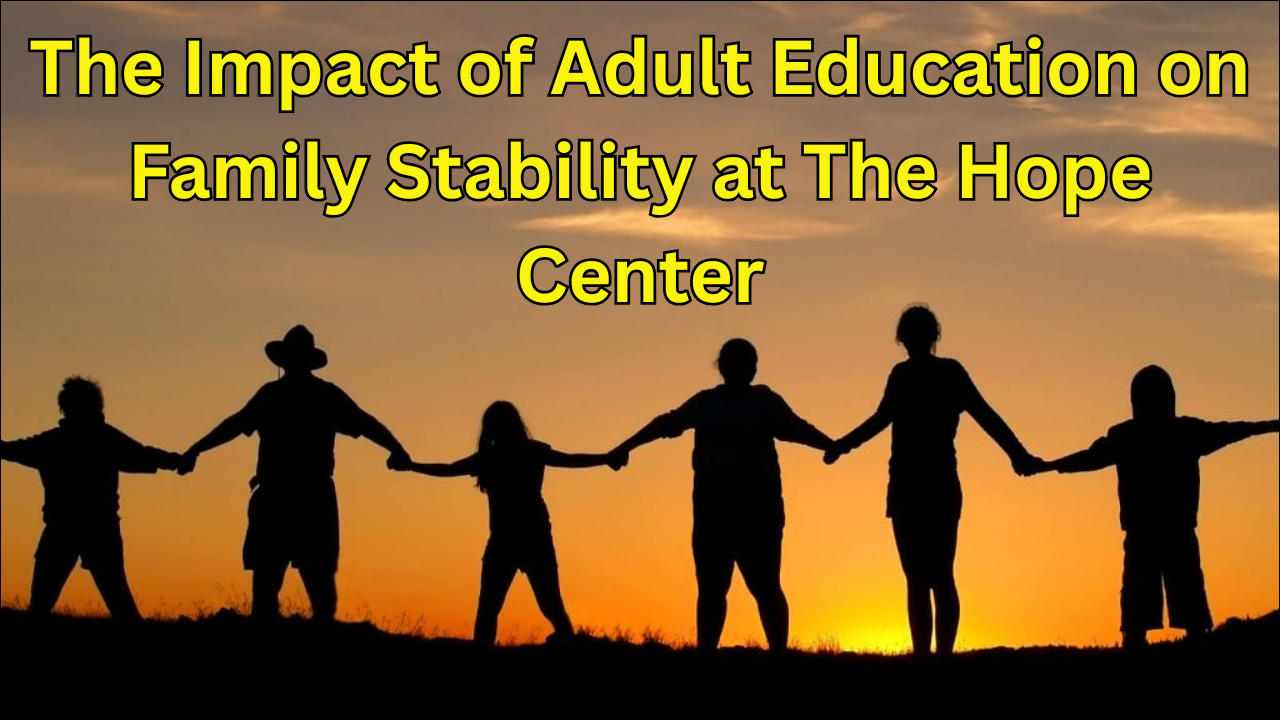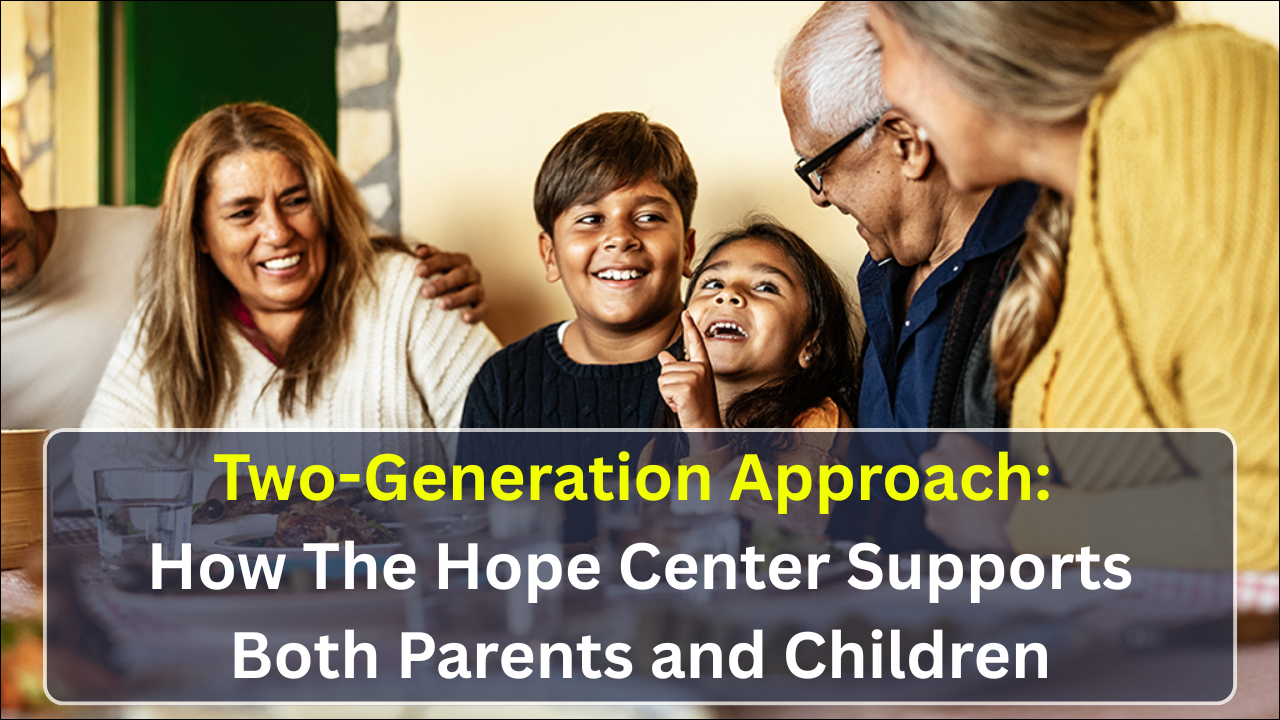
Pediatric care is a cornerstone of early childhood development, ensuring that children grow up healthy, resilient, and ready to thrive in school and life. Regular medical attention, preventive care, and developmental monitoring help identify and address health challenges early, providing a strong foundation for cognitive, physical, and emotional growth. Organizations like Dayton Children’s Hospital and The Hope Center for Families illustrate how access to pediatric care within community programs supports families, promotes healthy development, and strengthens communities.
Table of Contents
1. Defining Pediatric Care
Pediatric care focuses on the health and well-being of children from birth through adolescence.
- Routine check-ups monitor growth, weight, and developmental milestones.
- Vaccinations protect against preventable diseases and infections.
- Early identification of developmental delays enables timely interventions.
- Guidance on nutrition, sleep, and safety promotes healthy lifestyles.
2. Physical Health and Development
Pediatric care ensures that children meet critical physical milestones essential for long-term health.
- Regular screenings track growth and identify potential issues early.
- Immunizations prevent the spread of infectious diseases.
- Treatment for illnesses and chronic conditions minimizes long-term complications.
- Nutrition counseling supports healthy growth and prevents malnutrition.
Pediatric Care Services and Physical Development
| Service | Focus | Child Development Impact |
|---|---|---|
| Routine Check-ups | Growth and milestone monitoring | Early detection of health issues |
| Immunizations | Disease prevention | Reduced illness and hospitalizations |
| Chronic Condition Management | Asthma, diabetes, allergies | Improved long-term health outcomes |
| Nutrition Counseling | Diet and eating habits | Healthy physical growth and energy |
3. Cognitive and Educational Benefits
Healthy children are better able to learn, focus, and succeed academically.
- Pediatric screenings can detect vision or hearing problems that affect learning.
- Nutritional support enhances brain development and cognitive function.
- Early intervention for developmental delays improves language, motor, and social skills.
- Pediatric guidance helps establish routines that support school readiness and learning habits.
4. Mental and Emotional Health
Pediatric care addresses mental health alongside physical health, promoting holistic development.
- Screening for behavioral or emotional challenges identifies early needs.
- Counseling and referrals provide families with strategies to support children’s mental health.
- Pediatricians educate parents on stress management, attachment, and positive discipline.
- Early mental health support reduces anxiety, behavioral problems, and school difficulties.
5. Family Support and Education
Pediatric care empowers families to actively participate in their children’s development.
- Parents receive guidance on nutrition, sleep, hygiene, and safety.
- Education on developmental milestones helps families track and encourage growth.
- Support programs connect families to social services, educational resources, and community programs.
- Empowered parents foster secure, nurturing home environments that reinforce healthy development.
Family-Centered Pediatric Services
| Service | Focus | Family Impact |
|---|---|---|
| Parental Guidance | Nutrition, safety, sleep | Improved parenting practices |
| Developmental Education | Milestone tracking | Early detection and intervention |
| Support Referrals | Social and community services | Enhanced family stability |
| Behavioral Counseling | Emotional regulation strategies | Stronger parent-child relationships |
6. Preventing Long-Term Health Issues
Early pediatric care reduces the risk of chronic conditions and lifelong health problems.
- Regular monitoring identifies issues like obesity, anemia, or heart conditions early.
- Preventive care, including vaccines and screenings, minimizes disease burden.
- Healthy habits established in childhood often persist into adulthood.
- Early intervention for developmental or behavioral issues prevents long-term academic and social challenges.
7. Integrating Pediatric Care into Community Programs
Community-based pediatric services enhance accessibility and impact.
- The Hope Center for Families offers on-site pediatric screenings and wellness programs.
- Collaboration with local hospitals ensures comprehensive medical care for children.
- Mobile clinics and outreach programs increase access in underserved areas.
- Integrating pediatric care with early childhood education supports holistic child development.
8. Economic and Social Benefits
Investing in pediatric care contributes to broader community and economic outcomes.
- Healthy children require fewer emergency visits, reducing healthcare costs.
- Children with regular pediatric care demonstrate better school attendance and academic performance.
- Families experience reduced stress, enabling greater workforce participation.
- Long-term public health improves as early care prevents chronic diseases and developmental delays.
Socioeconomic Impact of Pediatric Care
| Benefit Area | Impact | Community Outcome |
|---|---|---|
| Healthcare Costs | Reduced hospitalizations | Lower public and family expenditures |
| Education | Improved school readiness and performance | Better academic outcomes and workforce potential |
| Family Stability | Enhanced parental confidence | Stronger, resilient families |
| Public Health | Prevention of disease and chronic conditions | Healthier community population |
9. Challenges and Solutions
Ensuring all children receive pediatric care requires addressing systemic barriers.
- Access: Expand services through mobile clinics and community-based centers.
- Affordability: Offer subsidized or low-cost care for low-income families.
- Awareness: Educate families about preventive care and developmental screenings.
- Workforce: Recruit and retain qualified pediatric providers in underserved areas.
- Integration: Coordinate care with schools, social services, and early education programs.
In Summary
Pediatric care is fundamental to early childhood development, promoting physical, cognitive, and emotional growth while empowering families to foster healthy environments. Programs supported by Dayton Children’s Hospital and The Hope Center for Families illustrate that accessible, comprehensive pediatric services benefit not only individual children but also families and the wider community. By investing in early pediatric care, communities can ensure children are healthy, school-ready, and equipped for lifelong success, ultimately contributing to social and economic well-being.








